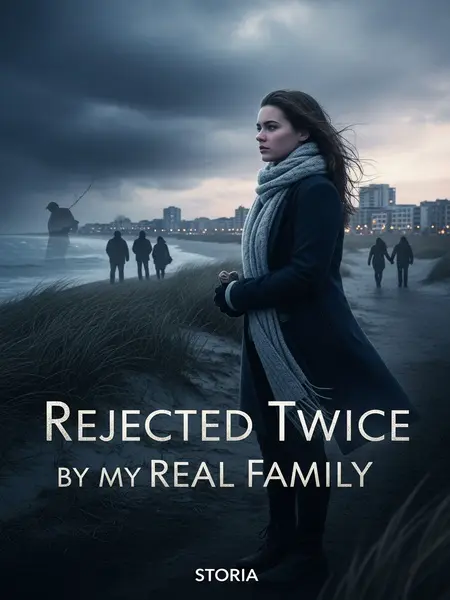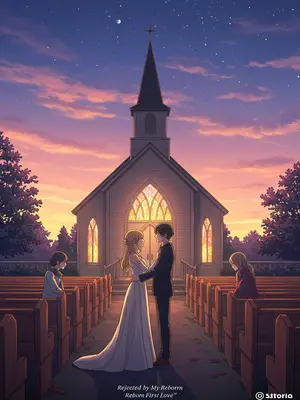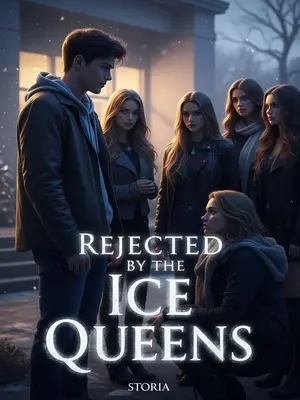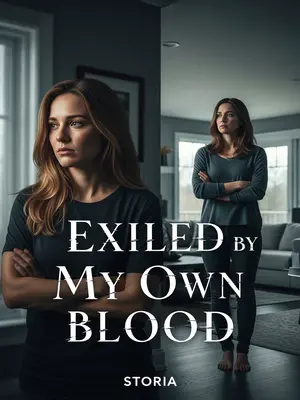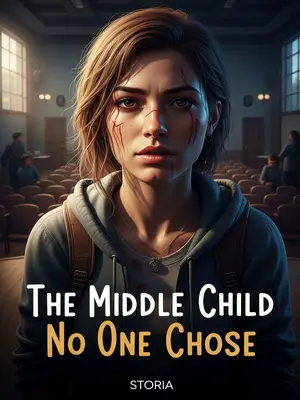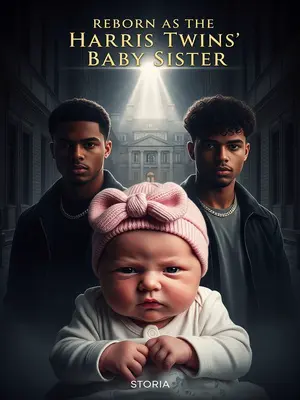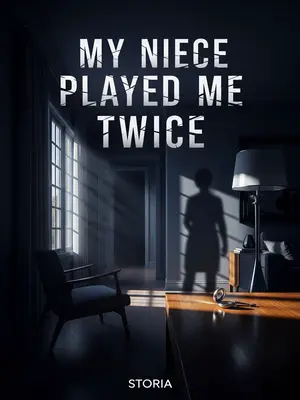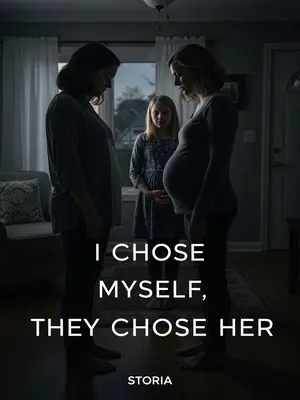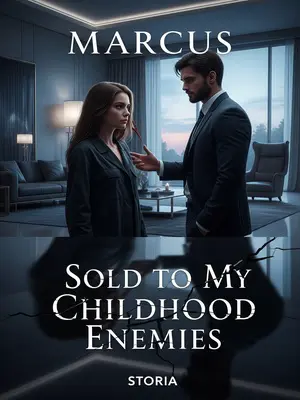Chapter 2: Outsiders Make Their Own Homes
Grandpa’s old Chevy rattled through the potholes, classic country on the radio. The dashboard was sticky from years of spilled coffee, windows foggy from the cold. Maple Heights faded behind us as we headed for the outskirts.
He was about to cook, but the fridge was almost empty—just a half-carton of eggs and a wrinkled apple. He scratched his head, muttering about "kids these days," and closed the door.
He gave up and wanted to take me out for dinner.
He jangled his keys, already sliding into his battered denim jacket, motioning me toward the door.
I noticed the instant noodles in the cupboard and suggested we just make those.
The boxes were stacked beside a jar of instant coffee and a bottle of hot sauce. I held one up, grinning.
Grandpa glared, “It’s not like I can’t afford to buy you dinner!”
His scowl was more pride than anger. He wore it like armor.
Then he started his usual rant, just like a grumpy neighbor: “What’s the point of raising a son? They’re all ungrateful. When they need you, your son and daughter-in-law stick to you like glue. Once they trick you out of everything, they treat you like a burden…”
He banged a fist on the table, sending a spoon spinning. It was a speech I’d heard before, strangely comforting in its routine.
I sipped my coffee, nodding. His voice, even when grouchy, was the one steady thing left.
But Grandpa was right.
His pain was real. Sometimes family just isn’t what you hope it’ll be.
My parents’ business and house were built by Grandpa and Grandma together. After Grandma died—she was tough as nails—my parents buttered Grandpa up every day until he signed everything over. After that, except for his monthly Social Security, he had nothing left. It all went to them.
I could almost see Grandma, her iron will holding everyone together. After she was gone, everything unraveled.
Soon after, my parents started treating Grandpa like an outsider. He fought back, but Dad finally kicked him out and changed the locks.
I remembered the day Grandpa showed up at my foster home, suitcase in hand, looking lost. He never said a bad word about his son, but I could see the pain written all over him.
Grandpa was stubborn—he bought a run-down house in the suburbs, filled it with flea market finds and old photos. He never complained about the cracks or the cold, just kept going.
But he still couldn’t let go of his family. He’d bake banana bread and visit, but every time he left with the bread untouched.
Back then, I saw my parents, brother, and Aubrey all treat Grandpa like he didn’t matter.
Thanksgiving, Christmas, birthdays—there was always a seat missing, and it was always his.
And outsiders are never really welcome.
The truth of that settled in my bones. Some lines can’t be crossed, no matter how hard you try.
At the time, I still hoped. I didn’t realize I was just like Grandpa—never going to belong.
I spent years trying to find a place at their table, never knowing I’d always be on the outside, looking in.
Luckily, fate gave me a second chance.
I looked at Grandpa—his hands rough but steady—and realized maybe we could be each other’s family. No more pretending.
This time, if a place doesn’t want me, I won’t force it.
The thought was freeing—like rolling down the windows and letting the wind clear out the pain. I was ready for something new.
